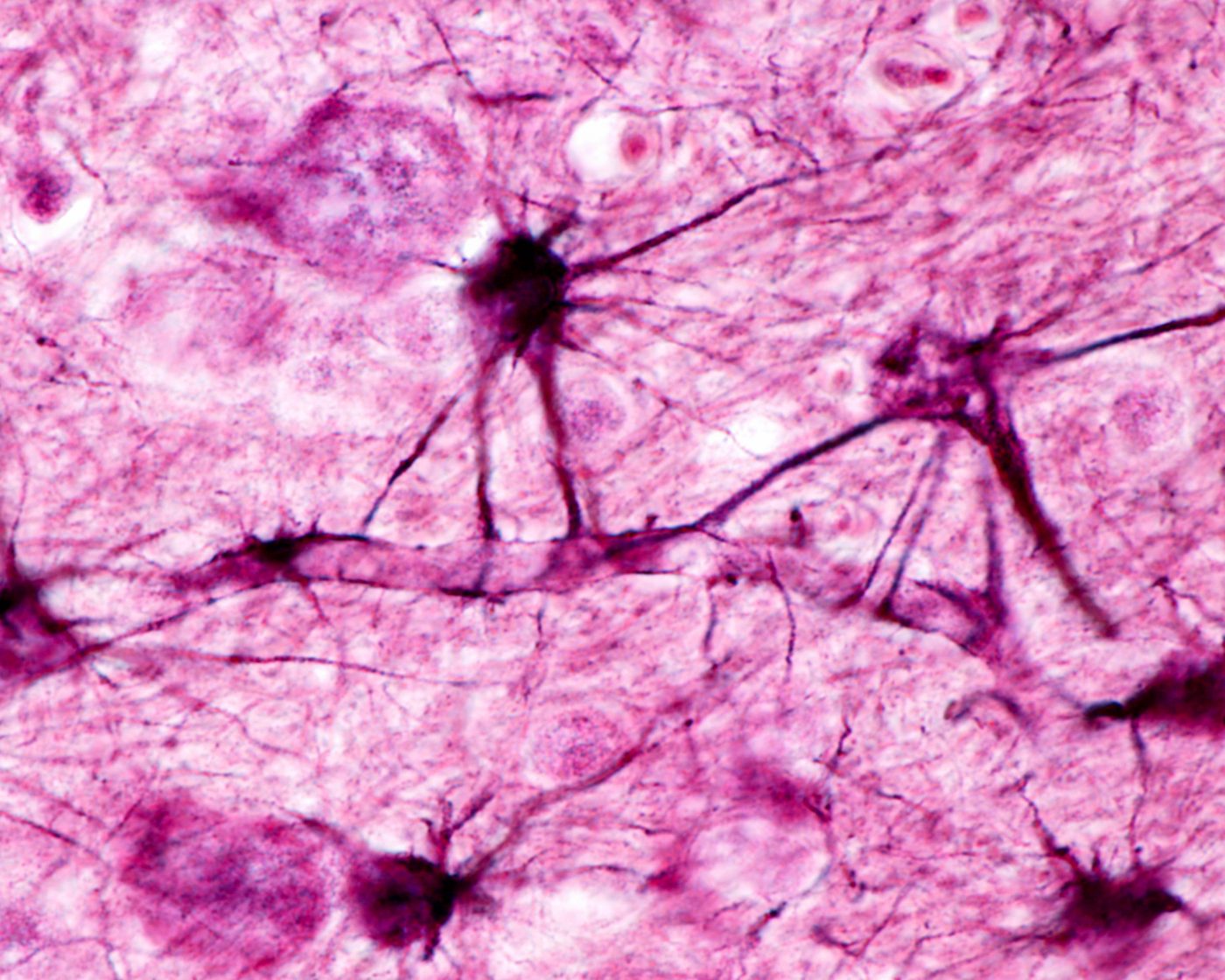Cell Death in Parkinson’s Disease Associated With New Genetic Mutation
Written by |

Parkinson’s disease is still the second most common neurodegenerative disorder affecting millions of people worldwide.
A multidisciplinary team of researchers from UCL, the University of Cambridge and the University of Sheffield, have recently published a study in Nature Neuroscience linking a Parkinson’s disease-causing mutation in the Fbx07 gene with mitophagy.
Mitochondria are essential cell organelles responsible for producing most of the cell’s energy through respiration. They are especially important in nerve cells where the demand for energy is increased. When mitochondria stop working properly they are a burden to cells and become cytotoxic. However, cells have developed a mechanism to digest these dysfunctional mitochondria called mitophagy.
This study reinforces the idea that non-efficient clearance of dysfunctional mitochondria is causing brain cells’ death in Parkinson’s patients and highlights mitophagy as a target for future therapeutic approaches in Parkinson’s disease. As study co-author Dr. Heike Laman, from the University of Cambridge, said in a recent press release, “This research focuses the attention of the PD community on the importance of the proper maintenance of mitochondria for the health of neurons. We are really only at the very beginning of this work, but perhaps we can use this information to enable earlier diagnosis for Parkinson’s disease patients or design therapies aimed at supporting mitochondrial health.”
Mutations in the Fbxo7 gene cause early onset autosomal recessive Parkinson’s disease by an unknown mechanism. Now authors show that besides PINK1 and Parkin, Fbxo7 protein is also involved in the mitophagy pathway. Additionally, they have established that Fbxo7 interacts physically and genetically with Parkin. Furthermore, the loss of Fbxo7 expression results in a significant inhibition of Parkin recruitment, which is normally recruited to depolarised mitochondria enabling their selective autophagic clearance (mitophagy).
Also, prior to engulfment by the autophagosome, Parkin leads to ubiquitination of several mitochondria proteins, which consequently promotes mitochondrial fragmentation. Importantly, all three Fbxo7 gene mutations that cause Parkinson’s disease were shown to affect mitophagy, in both flies and mammalian cells, either by interfering with Parkin recruitment or substrate ubiquitination.
This study raises awareness on the importance of understanding the molecular events underlying brain cells’ death of Parkinson’s patients as a strategy to develop more and better treatments.





